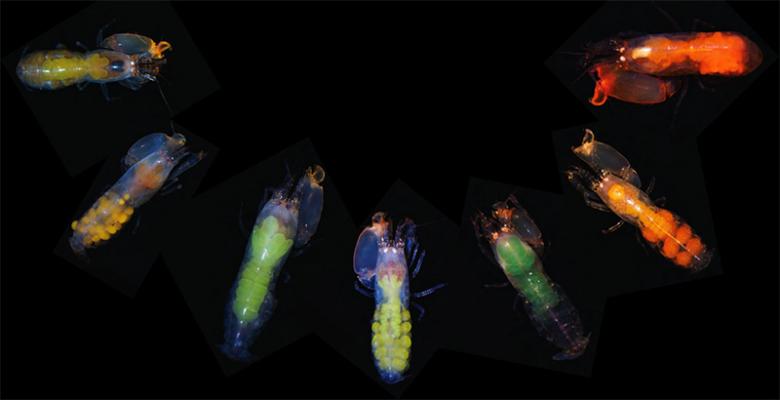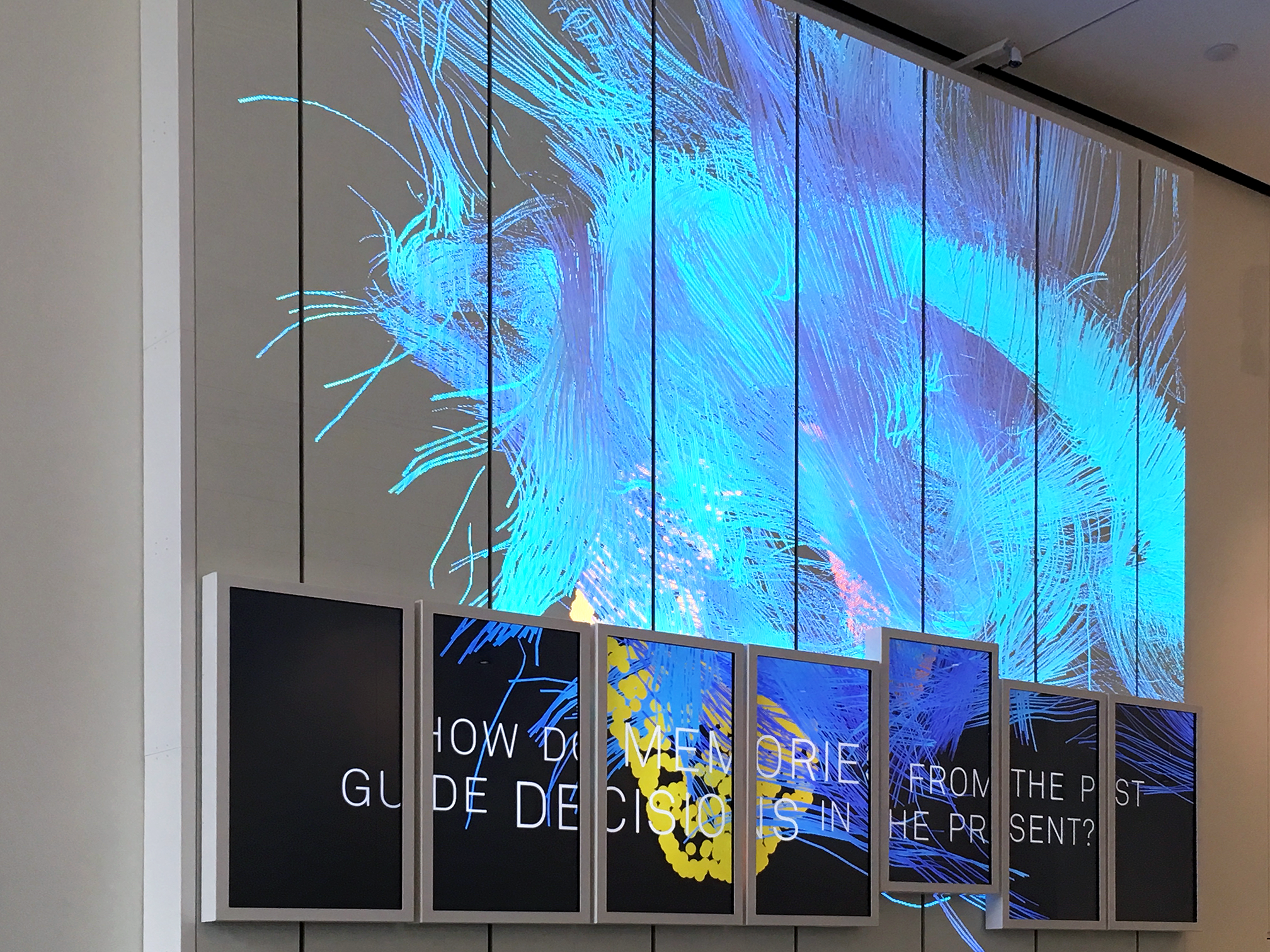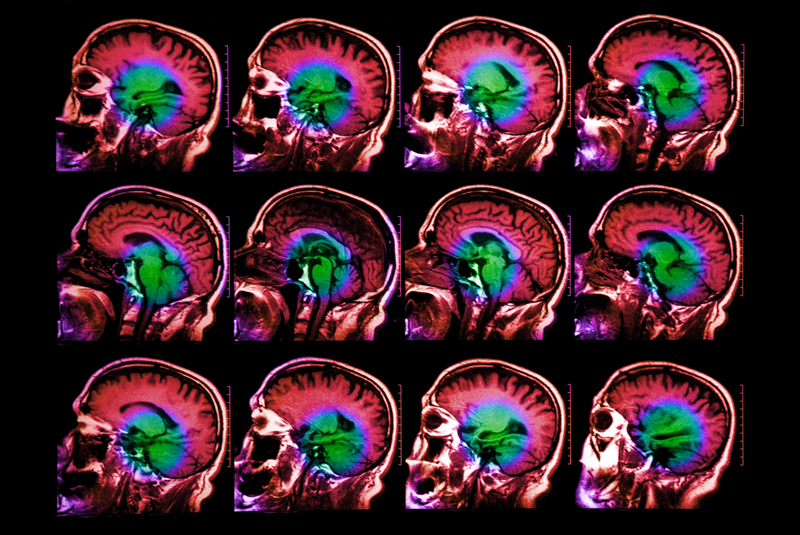April 3, 2017
Independent Evolutionary Origins of Complex Sociality in Marine Life
A group of Columbia University researchers has just published a new study that sheds light on how the complex social system evolved in the sea.
March 29, 2017
Tommy Vaughan Pushes Boundaries of High-Resolution Imaging
Vaughan, Director of Magnetic Resonance Research at Columbia, designs and builds the MRI systems that produce high-resolution images of anatomical, metabolic and physiological systems and functions.
March 29, 2017
Neuroscientist Rudy Behnia Focuses on Vision
To understand the workings of an enormously complex brain, it’s sometimes best to look at a simpler one. Rudy Behnia, whose research centers on vision, studies fruit flies for just that reason.
March 29, 2017
Zhu Receives Vannevar Bush Faculty Fellowship
Columbia University chemist Xiaoyang Zhu has been named a Vannevar Bush Faculty Fellow by the U.S. Department of Defense in support of his research, which aims to develop new design principles for future semiconductors that are defect-tolerant.
March 27, 2017
Art of the Brain, and the Scientists Who Study It
An innovative digital art installation on the ground floor of the new Jerome L. Greene Science Center invites visitors to peer inside the brain and meet the neuroscientists who are working upstairs to unravel its complexities.
March 15, 2017
Brain-Aging Gene Discovered
Columbia University Medical Center researchers have discovered a common genetic variant that greatly impacts normal brain aging, starting at around age 65, and may modify the risk for neurodegenerative diseases.
March 13, 2017
New Study Finds Radiation from Nearby Galaxies Helped Fuel First Monster Black Holes
A team of researchers from Dublin City University, Columbia University, Georgia Tech, and the University of Helsinki add evidence to one theory of how ancient black holes may have formed and quickly put on weight.







